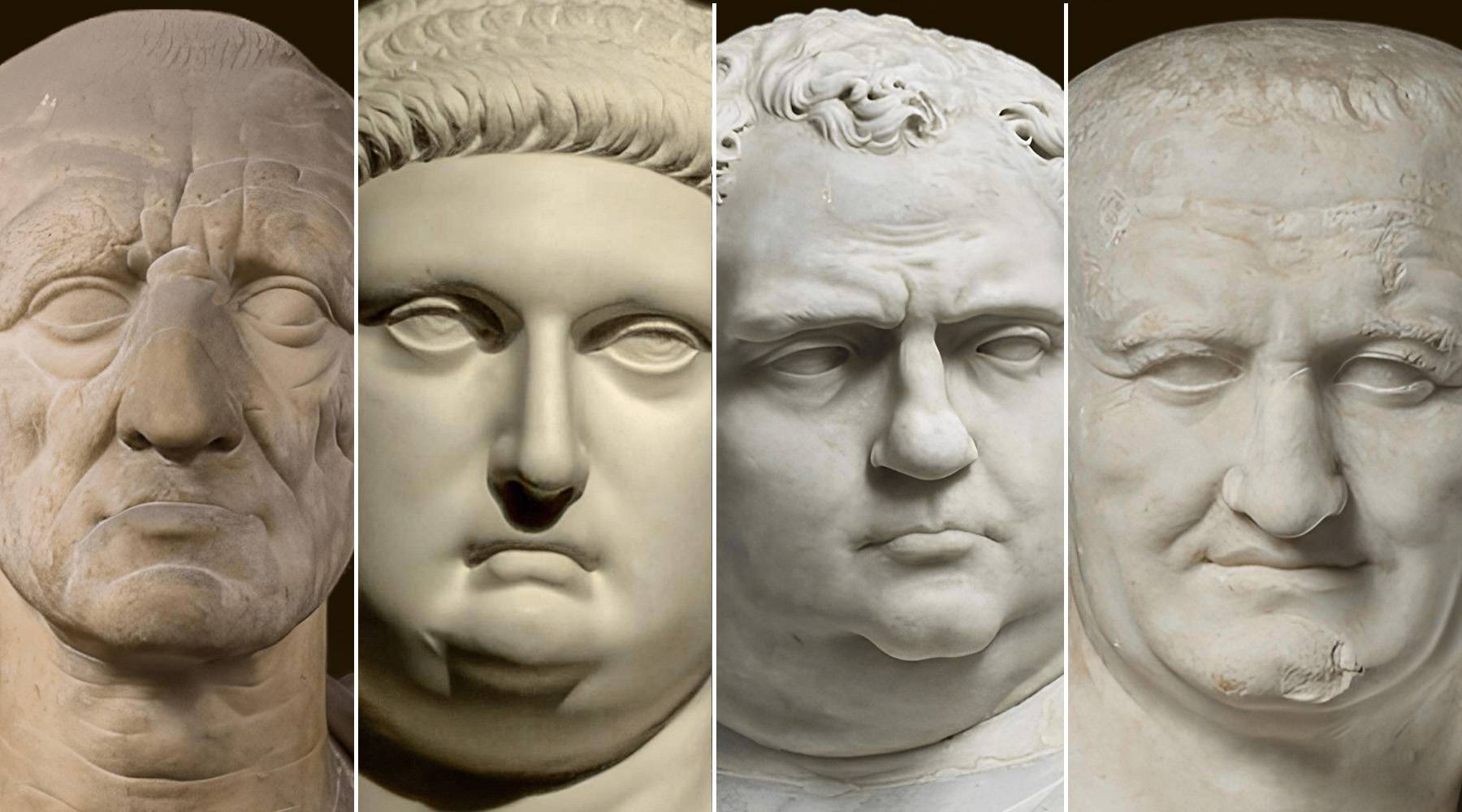Year of the Four Emperors: From Galba to Vespasian
The "Year of the Four Emperors" refers to the tumultuous year 69 AD in the history of the Roman Empire.

The "Year of the Four Emperors" refers to the tumultuous year 69 AD in the history of the Roman Empire.



